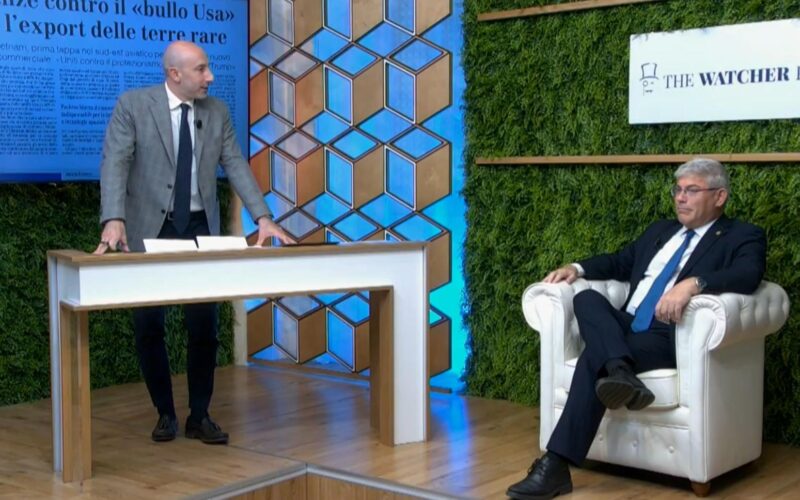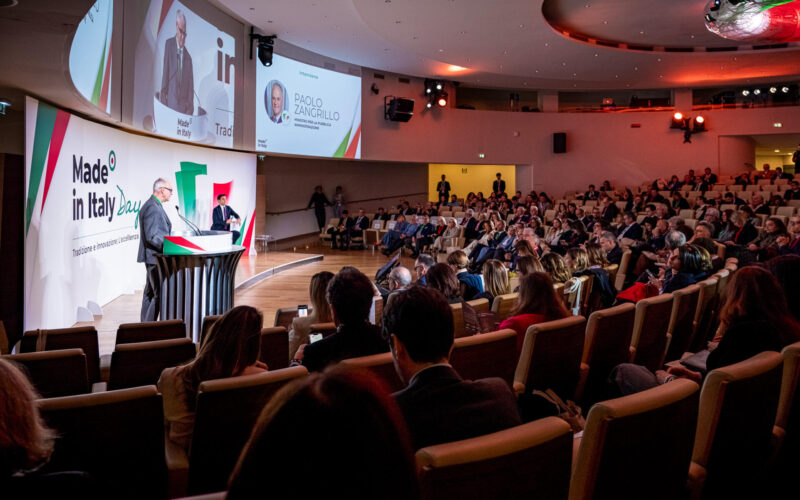Place Lux
EU Parliament Shapes Sustainable Packaging Future: Balancing Environmental Goals and Economic Realities
Di Carmine Nino
On November 22, the European Parliament made a decisive move in reshaping the legislation to reduce packaging waste, paving the way for a new era in sustainable packaging management. This significant step resulted from intense debates involving various stakeholders, leading to a more balanced approach compared to the initial proposals from the European Commission.
Europe faces a substantial challenge in managing packaging waste, with each citizen generating an average of 190 kilograms of such waste annually. The proposed legislation aimed to reverse this trend through a renewed focus on recycling, new reuse objectives, and waste prevention measures. However, the legislative process proved intricate, with heated debates on various aspects of the European Commission’s initial proposal.
The Parliament’s position includes a reduction of unnecessary packaging by 5% by 2030, 10% by 2035, and 15% by 2040. Specific measures to cut plastic packaging involve a ban on lightweight bags and strict restrictions on disposable formats. Taking a pragmatic approach, European lawmakers emphasized the need for realistic goals for the reuse of food packaging. A waiver has been introduced for countries like Italy, investing significantly in a high-quality recycling system, making them exempt from reuse obligations if they achieve an 85% recycling rate for specified packaging.
Crucial sectors of the agri-food industry are excluded from this regulation, minimizing the risk of increased food waste. This includes horticulture, geographical indications, floriculture, wines, alcoholic beverages, bioplastics, and paper containers in the restaurant sector.
The final result of the European Parliament’s vote marks a significant turning point in pursuing the goal of reducing packaging waste. Beyond an environmental shift, it signals a broader change in European policy.
As the European elections approach, legislators are becoming more aware of the pragmatism needed in their votes. Despite the European Commission’s pressure to resolve contentious issues through delegated acts, the Parliament has clearly indicated its desire to continue playing a key role in shaping laws, emphasizing its role as a co-legislator.
The upcoming European election campaign will, in part, be characterized by this aspect—restoring centrality to the Parliament, which, after Covid and the Ukraine conflict, had to act as a spectator in the most critical decisions of the legislature. Greater involvement in legislative activities is the essence of European democracy and what allows MEPs to seek electoral support in their constituencies.
Now, the ball is in the court of the Council of the European Union for the packaging regulation. It must address its position on the matter by December 18. The Council is tasked with consolidating Parliament’s efforts, balancing national interests with the need for a harmonized European approach. In conclusion, the European Parliament’s vote represents a significant step toward a more sustainable future for the packaging industry. However, the journey is not complete, and it is crucial for the Council of the European Union to play a constructive role in determining the final fate of this crucial legislation. The challenge lies in finding a balance between environmental protection and economic sustainability, and the Council must face this challenge with determination and foresight.








